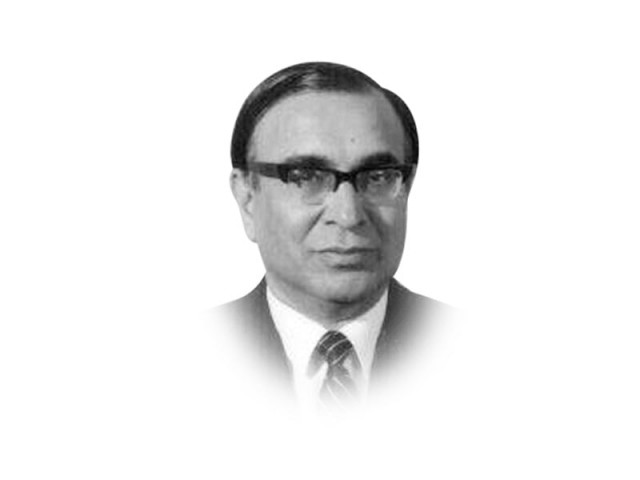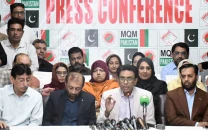India, Pakistan and Hillary Clinton
It remains for India and Pakistan not to get locked into a zero sum game.

Foreign Minister Khar, would do well to put aside the foreign office brief and just once again read the India-US joint statement and watch a recording of the statements made by Clinton and Krishna before her own meeting. The India-US strategic dialogue established in June 2010, has by its second round in July 2011 (President Obama was in India in November 2010) written out an agreed text of ambitions encompassing South Asia, Central Asia, West Asia, East Asia, a trilateral India-US-Japan relationship, the UN and even the Caribbean region. In Chennai, Clinton asked India to lead Asia, as if Washington, caught up in a frightening debt crisis and groaning under the burden of trillion dollar wars, was asking New Delhi to co-share its own challenged hegemony in Asia. The two sides made it public that they had extensively dealt with the problem called Pakistan, and Clinton, aware though she is of Pakistani sensitivity to criticism made on the Indian soil, had issued a series of tough messages to Islamabad while encouraging the two South Asian nuclear-capable weapon powers, to work for peace.
So behind the traditional agenda for the foreign ministers meeting looms large the hubris of a ‘global partnership’ set forth in the India-US joint statement — a vast architecture, somewhat shrouded in the monsoon mist. Hina Khar’s own fortress, Pakistan — the foundations of which were thoroughly rocked first by former General Pervez Musharraf, and then by an elected government unable to add much to the general’s limited vision — looks dwarfed. Not that what she faces in New Delhi is grounded in granite. Washington is seeking to reverse the erosion of its power in Asia with India’s help and New Delhi is reliving Pannikar’s dream of dominance with sky-is-the-limit type of offers made by the US secretary of state visiting, with no less than nine cabinet and sub-cabinet rank officials in tow. Neither state is at present capable of brushing aside the opposition that their grandiose plans are likely to evoke.
Two amongst the many tasks that await the foreign ministers are of outstanding importance. They need to put the revived dialogue on a productive track. For this, the current engagement needs energisers that can conceivably come from Siachin, Sir Creek and trade issues. India is not interested in any breakthrough and there could be none but the process could, nevertheless, take roots as good in itself. Secondly, there could be mutual signals of how Pakistan, an immediate neighbour of Afghanistan, and India, a secondary neighbour locating its claims on that country in historical links and the high investment made during the last few years, propose to approach the endgame in that country to mutual advantage. Secretary Clinton has dropped enough hints that Washington would revert to the policy of assigning a significant role to India in a future Afghan dispensation. Afghanistan’s own historical inclination is, justifiably, to take maximum advantage of its location. It remains for India and Pakistan not to get locked into a zero sum game. Can the two foreign ministers set up Afghanistan as an agenda item perhaps separately from the ‘composite dialogue’, to be dealt with always at a high diplomatic and political level to avoid it? Paradoxically, this seems to be the best way of fulfilling realistic American hopes while serving the national interest of India and Pakistan in a viable manner. What Washington has sought to do from time to time may not simply be viable.
Published in The Express Tribune, July 25th, 2011.



















COMMENTS
Comments are moderated and generally will be posted if they are on-topic and not abusive.
For more information, please see our Comments FAQ